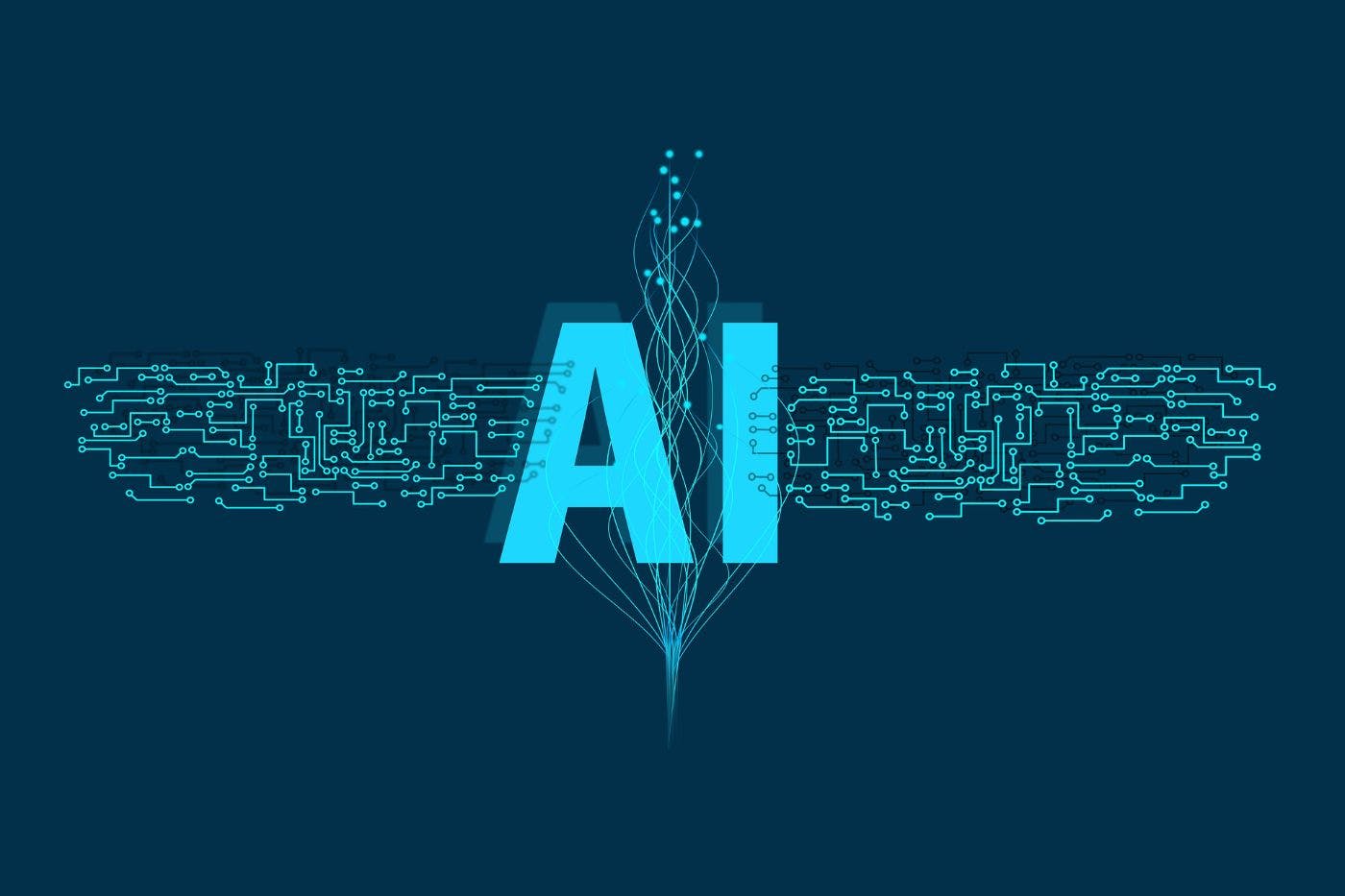320 reads
How to Balance Progress With Resposibility - Ethics of AI
by
March 31st, 2023
Audio Presented by

Micheal Chukwube is a professional content marketer and SEO expert.
Story's Credibility

About Author
Micheal Chukwube is a professional content marketer and SEO expert.
